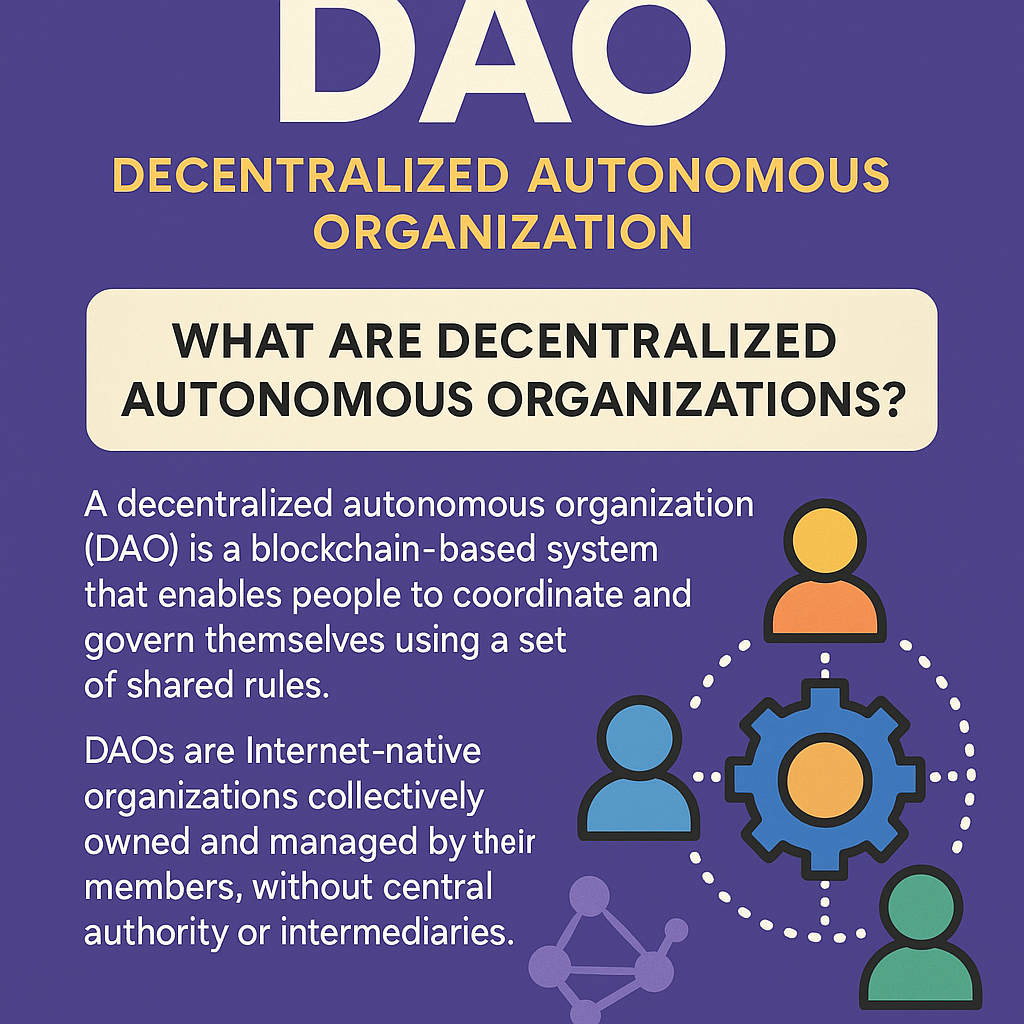- Ethereum co-founder Vitalik Buterin‘s “Make Communism Great Again” post sparked debate about political ideologies in Web3.
- Gitcoin co-founder Kevin Owocki argues Web3 should move beyond traditional political frameworks to explore new governance models enabled by blockchain.
- DAOs (decentralized autonomous organizations) offer potential for innovative governance, but face practical challenges in implementation.
A joke post from Ethereum co-founder Vitalik Buterin about “making communism great again” has ignited serious discussion about political ideologies in the Web3 space.
The post, which appeared on Buterin’s social media and referenced an April Fool’s Day blog about “degen communism,” prompted Gitcoin and Allo.Capital co-founder Kevin Owocki to argue that Web3 should abandon traditional political frameworks altogether.
“We should stop using 20th-century words to talk about 21st-century technology,” Owocki told Decrypt during an interview at ETH Denver. He emphasized that blockchain and AI technologies have created unprecedented possibilities for governance systems that transcend conventional ideological boundaries.
Owocki compared the expanded governance potential to discovering the complete map in a Zelda video game: “That’s what AI and crypto are doing for our governance structures. So, let’s not fight over this little patch of 20th-century land.” Instead, he advocates exploring the “great frontiers of DAO design.”
The Promise of DAOs
Decentralized autonomous organizations (DAOs) represent a blank canvas for new coordination and decision-making systems, according to Owocki. However, he acknowledges that without careful design, these systems can still fall victim to power dynamics, specifically “cabals” – tight-knit groups that coordinate to control decision-making.

To address this challenge, Owocki pointed to “cluster matching” algorithms that can detect and reduce the influence of coordinated voting blocks. “If Rena and I always vote together, the algorithm flags us as a cabal and dampens our votes,” he explained, suggesting that such innovations represent early signs of a new democratic infrastructure emerging in crypto.
Practical Challenges
Not everyone shares this optimistic vision. Allo.Capital co-founder and Gitcoin Executive Director Rena O’Brien criticized what she sees as wishful thinking about fairness in Web3 communities.
“This idea of one token, one vote, or that we’re all created equal, and the shadow cabals? It’s dumb,” she stated. O’Brien highlighted Ethereum’s adoption struggles as evidence of deeper systemic issues, arguing that fundamental technical problems need solving before ideological debates become relevant.
Despite these criticisms, Owocki maintains a long-term perspective. “LLCs are 60 years old. Corporations are 300. When DAOs are 50, they’re going to be good,” he said, suggesting that today’s challenges are natural growing pains in the evolution of a revolutionary governance model.
✅ Follow BITNEWSBOT on Telegram, Facebook, LinkedIn, X.com, and Google News for instant updates.
Previous Articles:
- Bitcoin Marks Worst Q1 in a Decade, Falling 11.7% Amid Unclear Policy
- Web3 Gaming Struggles to Capture Mainstream Audience Amid Crisis
- Trump’s Tariff War Sparks Bitcoin Price Panic Amid Looming Crypto Crisis
- Credit Spreads Hit Highs as Bitcoin Faces Potential Market Stress Test
- Hyperliquid $6.2M Exploit Exposes Vulnerabilities as DEXs Challenge CEXs
